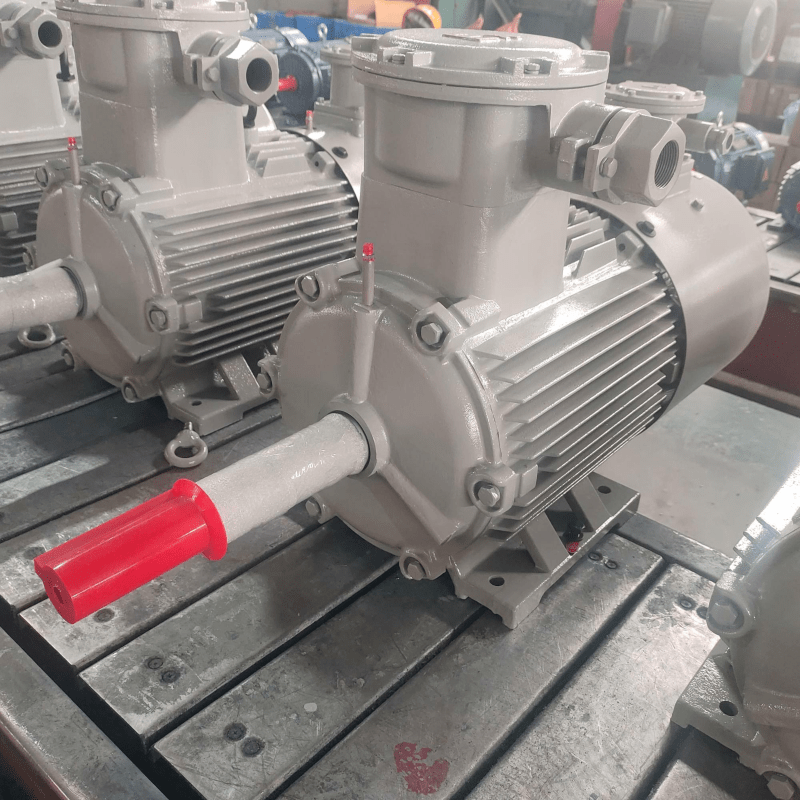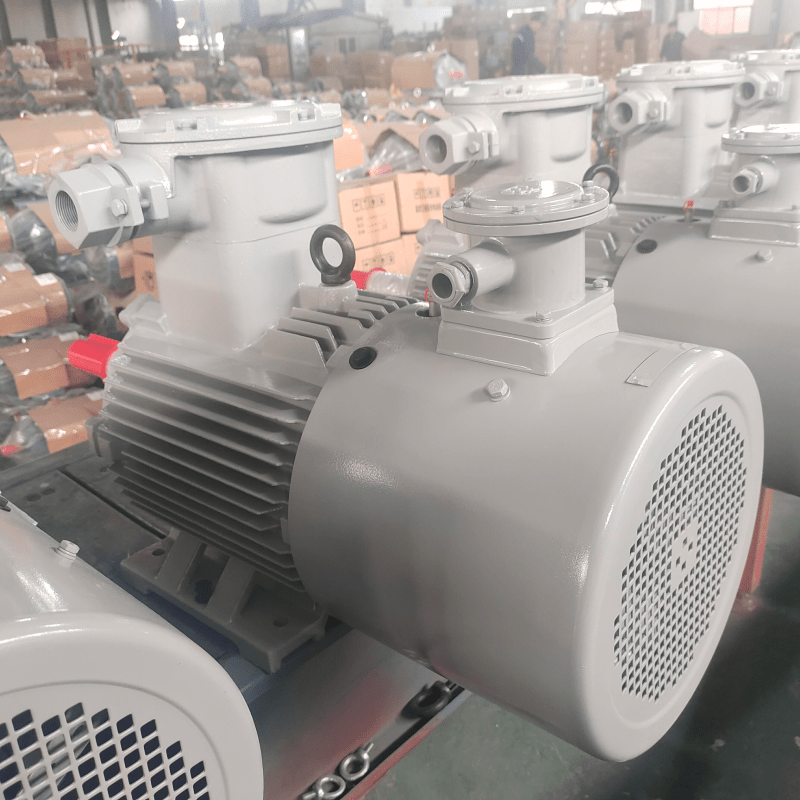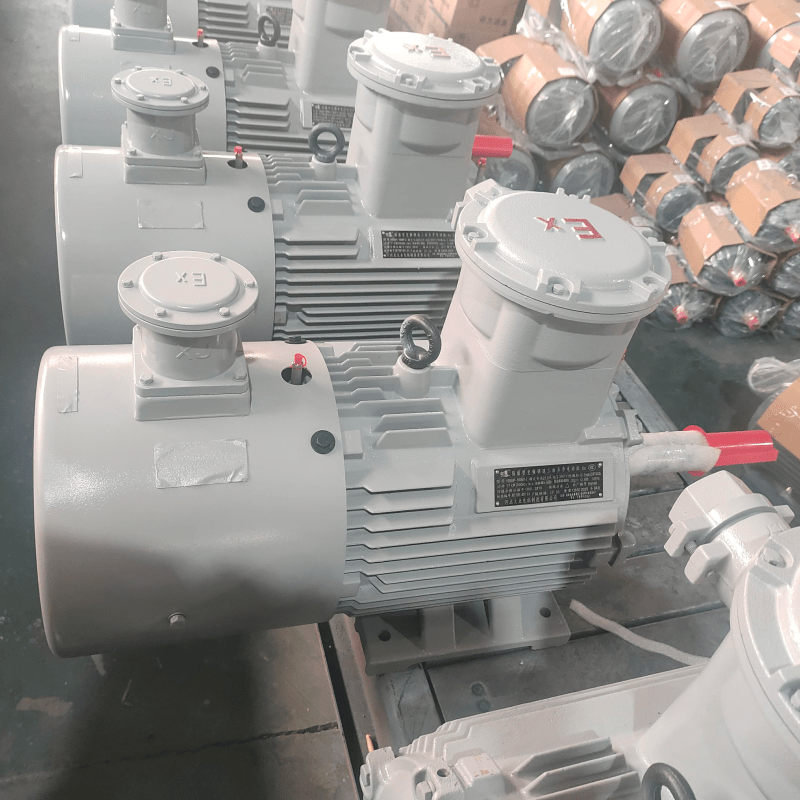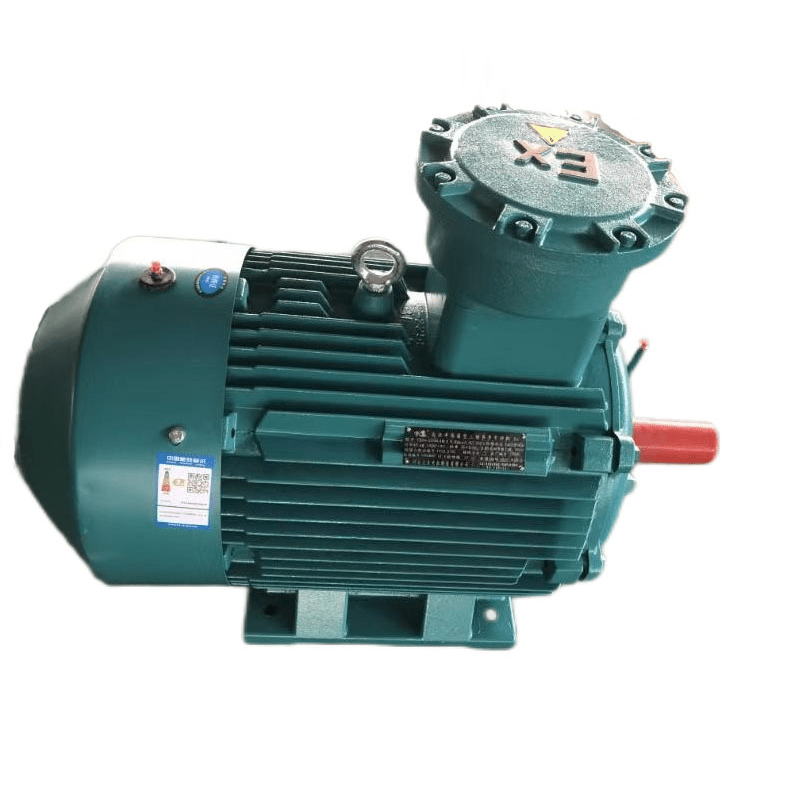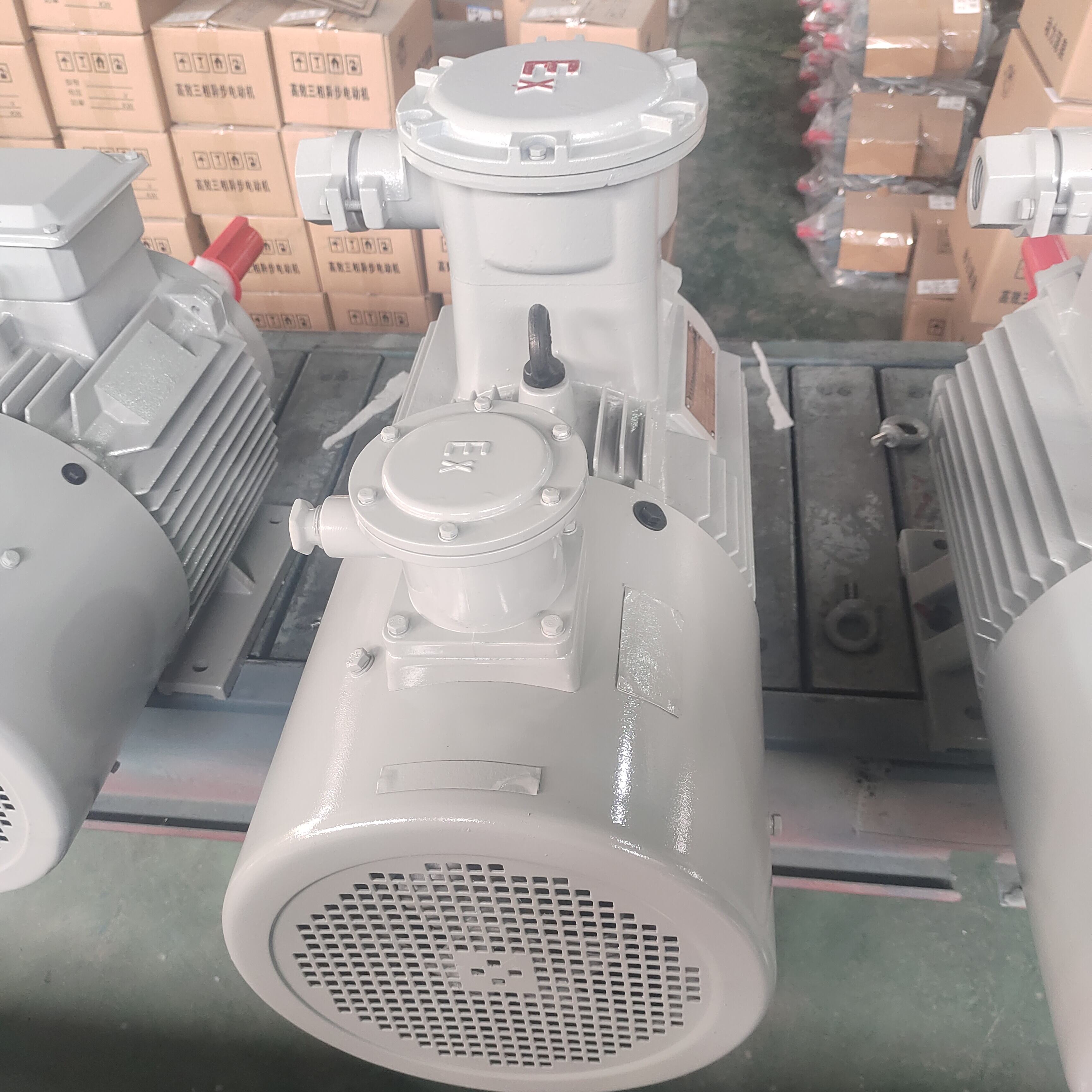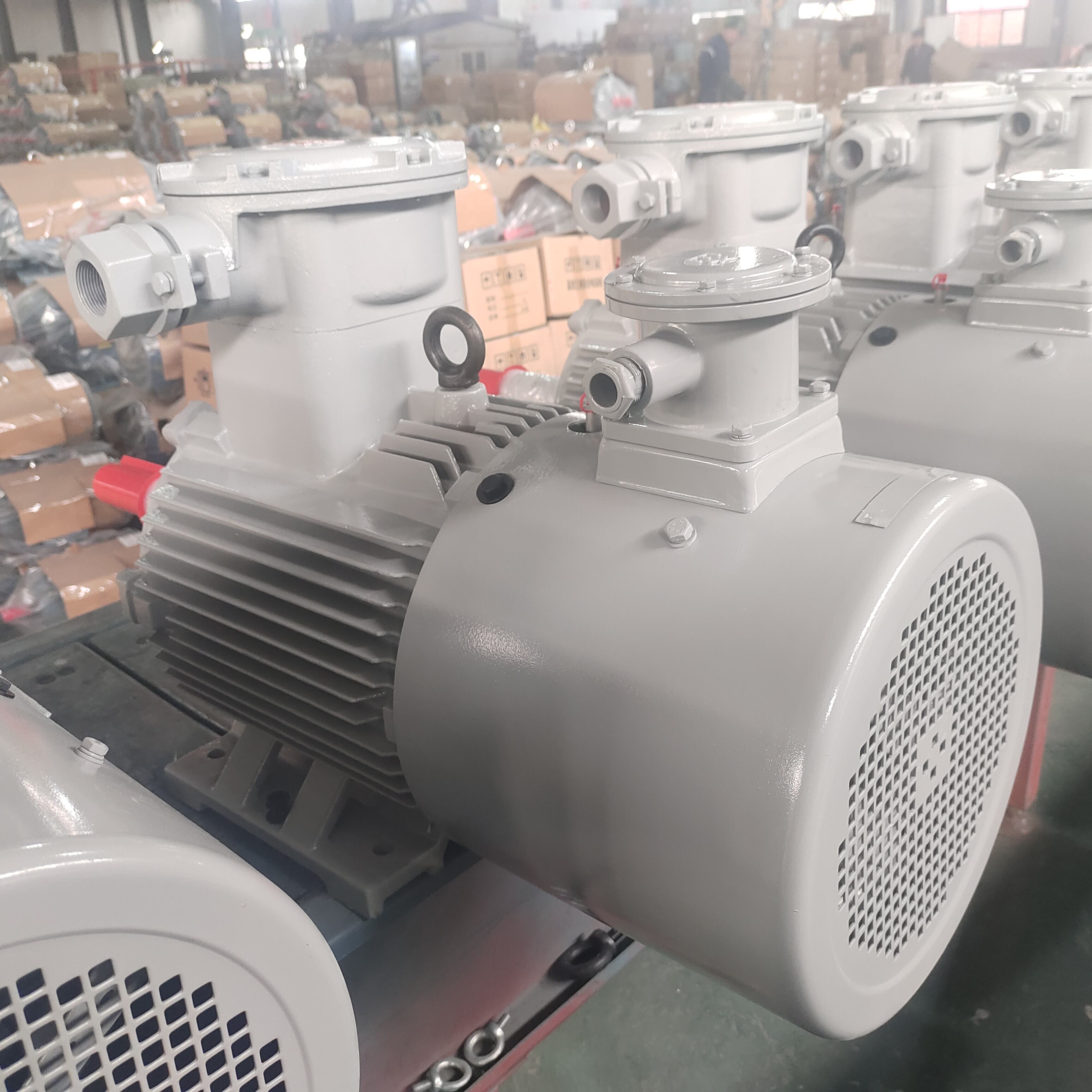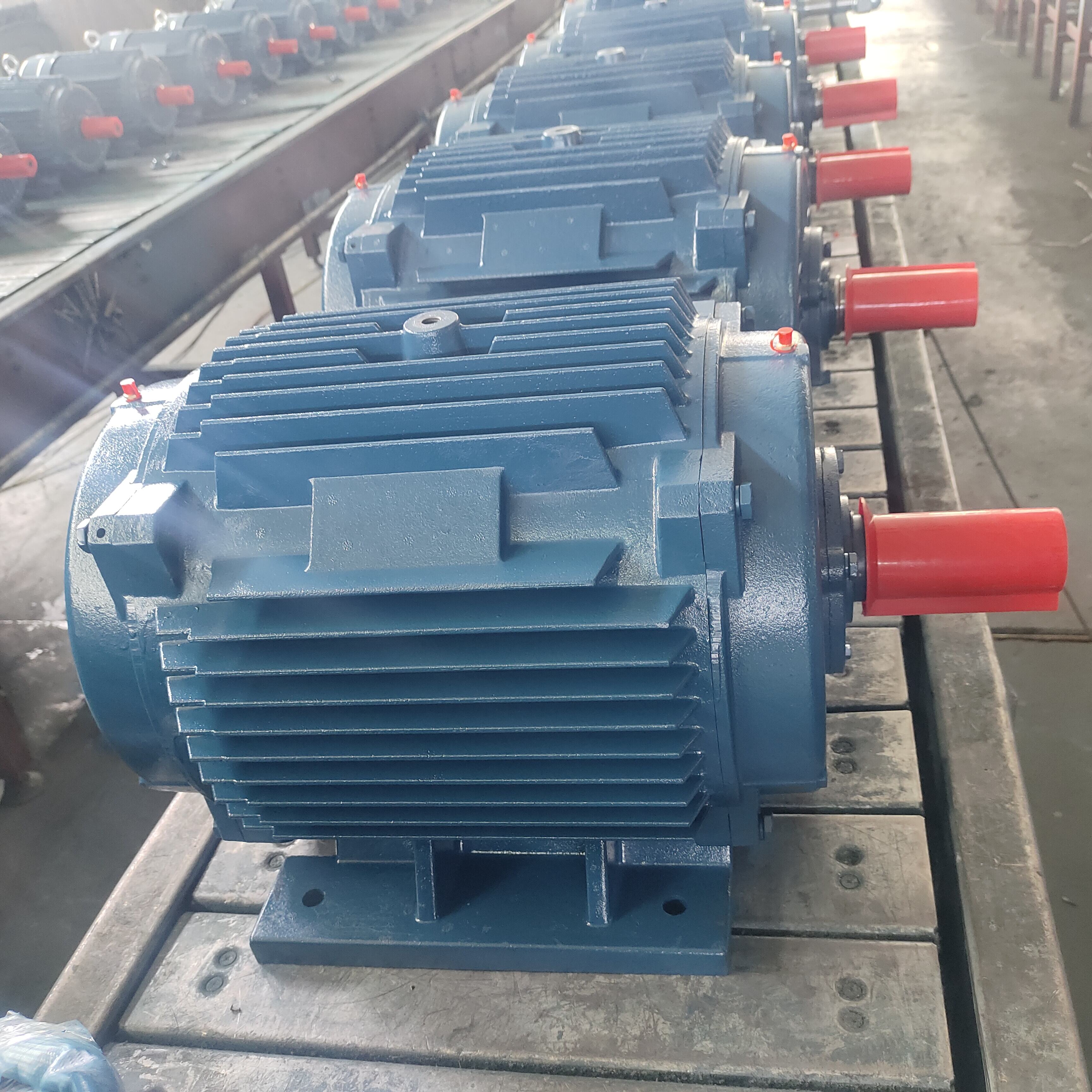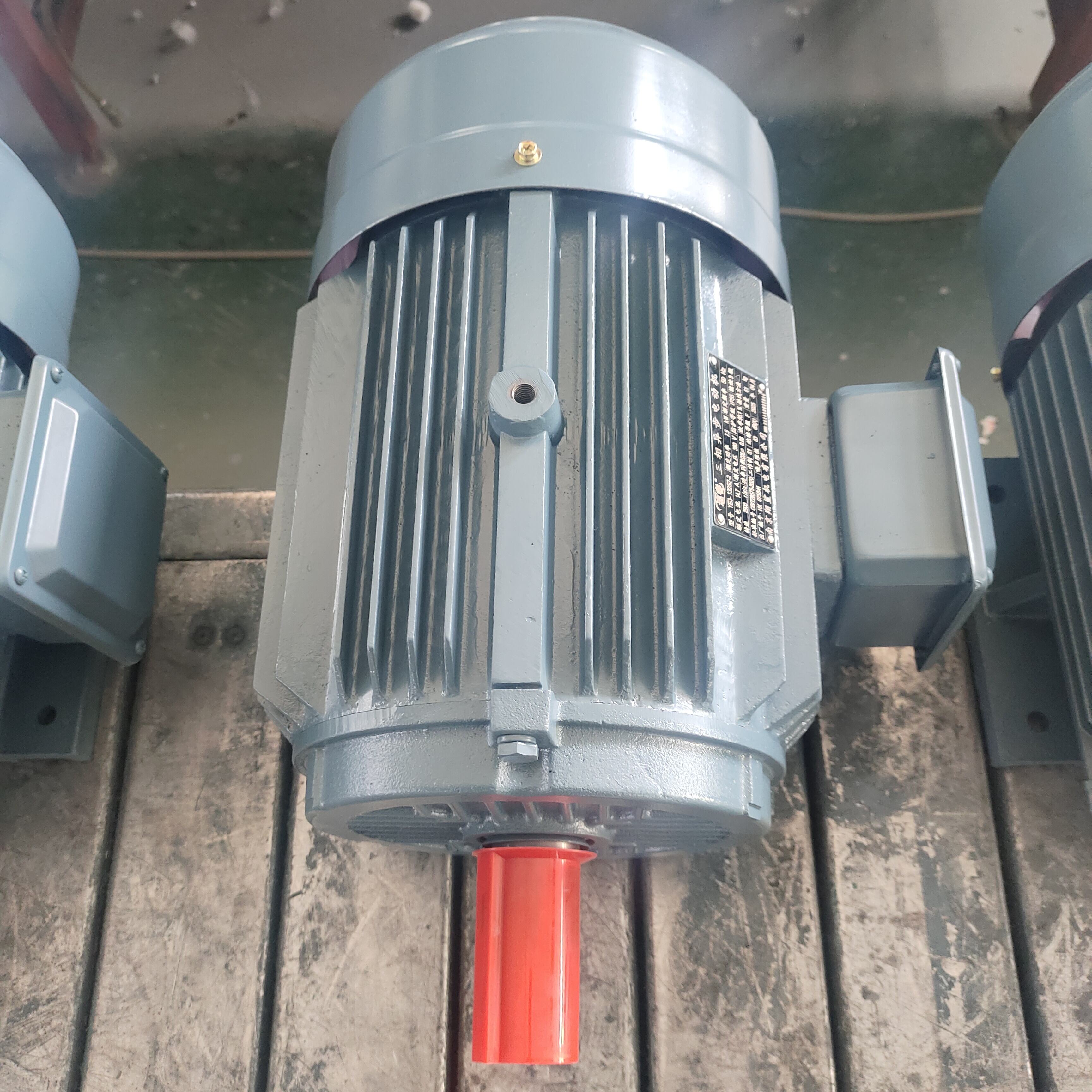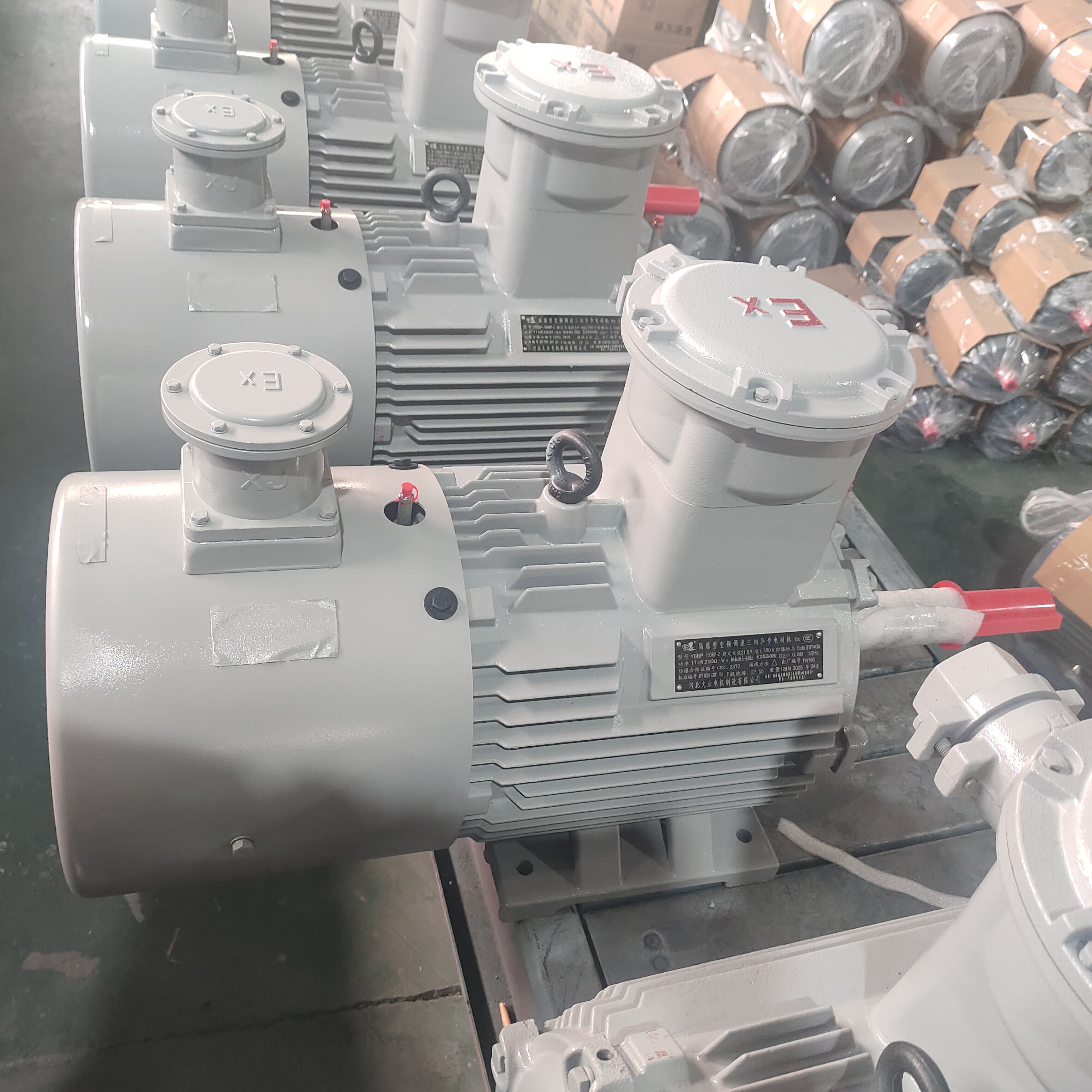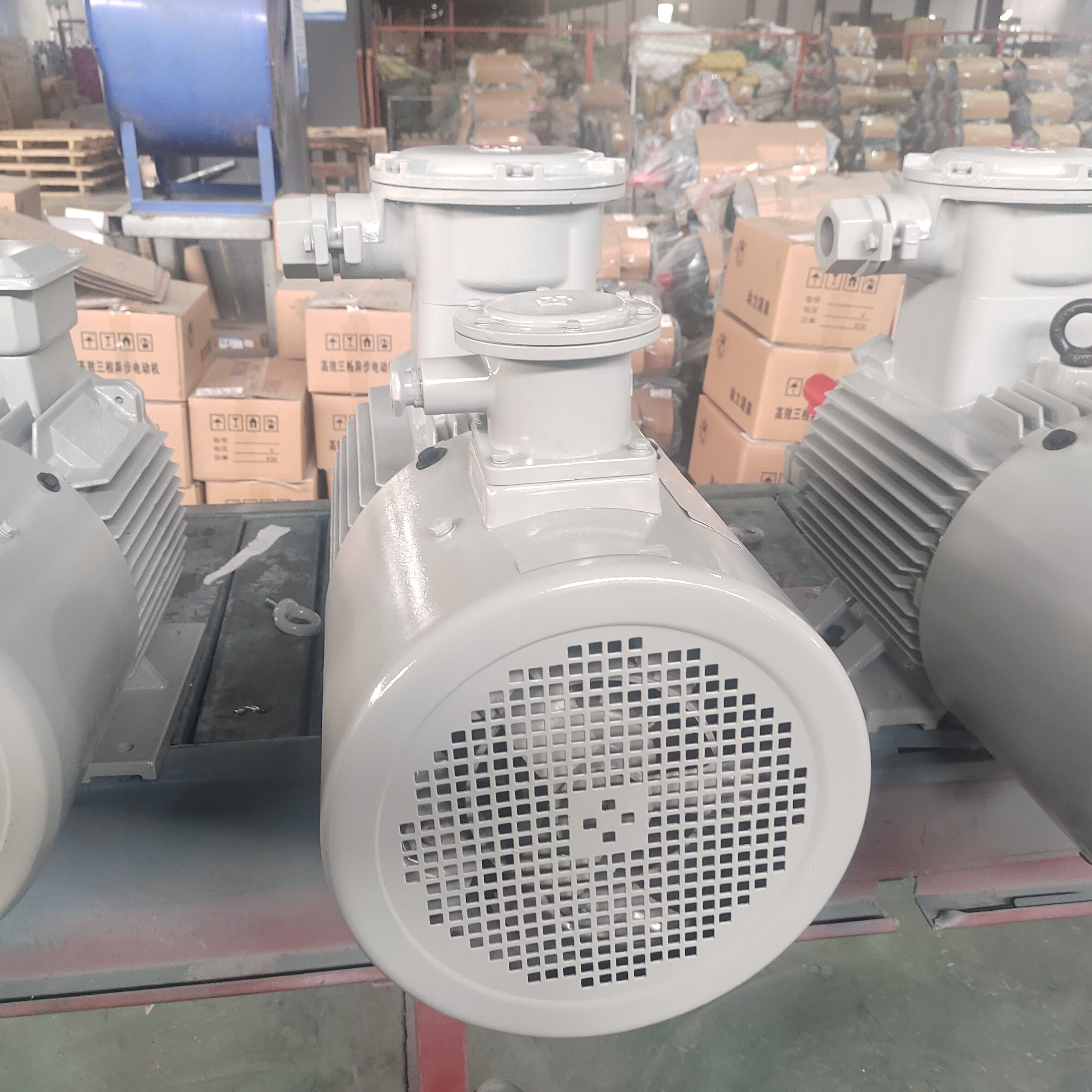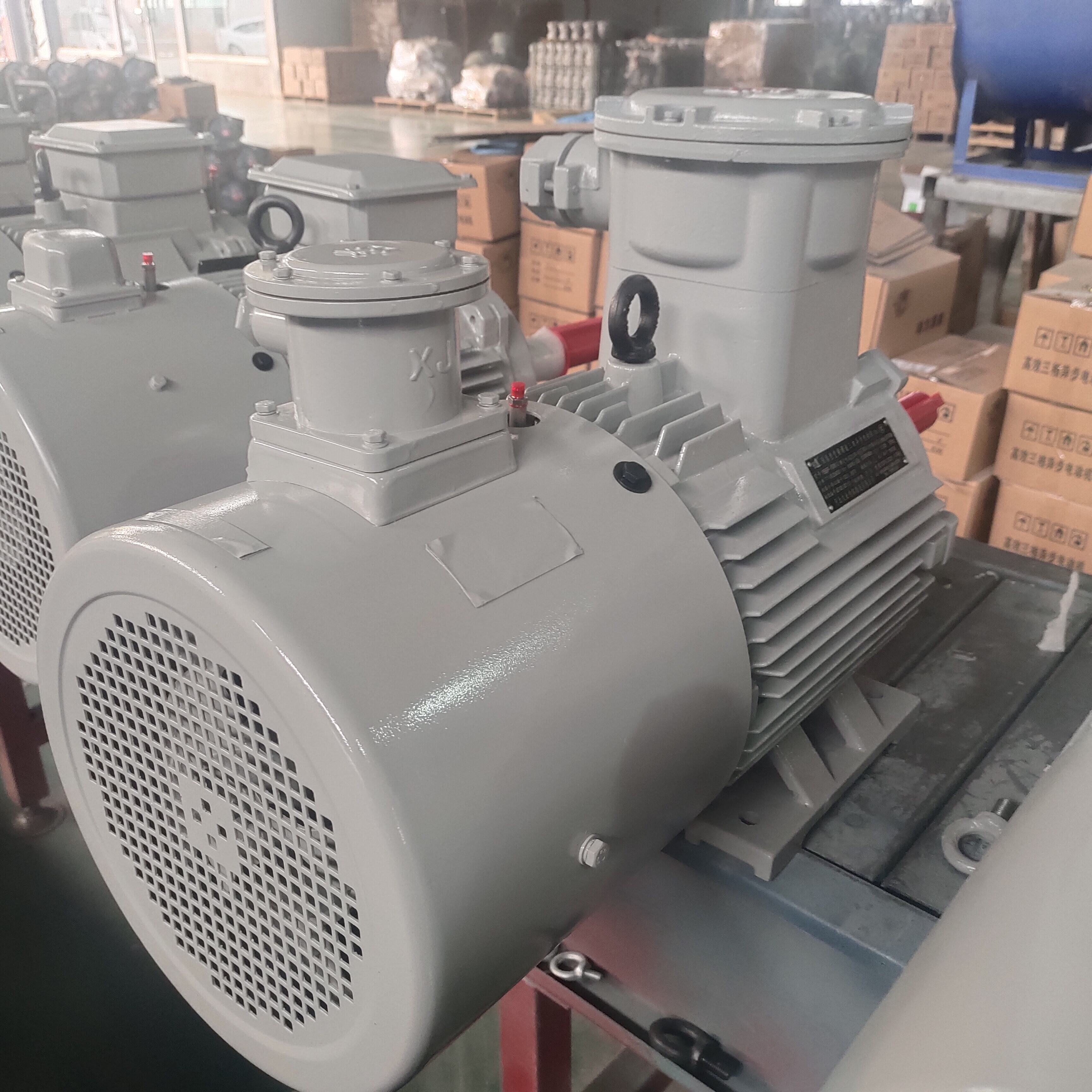variable frequency motor factory
A variable frequency motor factory represents a sophisticated manufacturing facility dedicated to producing advanced electric motors equipped with variable frequency drive capabilities. These specialized production centers combine cutting-edge engineering expertise with state-of-the-art manufacturing processes to create motors that can operate efficiently across multiple speed ranges. The primary function of a variable frequency motor factory extends beyond simple motor assembly, encompassing comprehensive research and development, precision component fabrication, quality control testing, and customization services tailored to specific industrial requirements. Modern variable frequency motor factory facilities incorporate automated production lines, computer-controlled machining centers, and rigorous testing protocols to ensure consistent product quality and performance standards. The technological features of these manufacturing establishments include advanced winding techniques, high-grade magnetic materials processing, precision bearing installation systems, and sophisticated electronic control integration capabilities. These factories typically house specialized departments for rotor balancing, stator winding, electromagnetic testing, and final performance validation. The applications of products manufactured in a variable frequency motor factory span numerous industries including HVAC systems, industrial automation, water treatment facilities, conveyor systems, pump operations, and renewable energy installations. Manufacturing processes within these facilities emphasize energy efficiency optimization, noise reduction engineering, and thermal management solutions. Quality assurance protocols in a variable frequency motor factory involve comprehensive electrical testing, mechanical stress analysis, environmental durability assessments, and compliance verification with international standards such as IEC and NEMA specifications. The integration of smart manufacturing technologies enables these facilities to maintain precise production scheduling, inventory management, and traceability throughout the entire manufacturing lifecycle.

